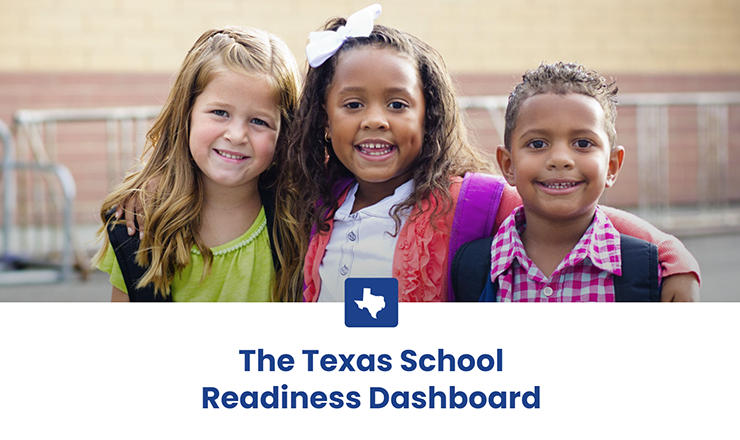Watch the recording of the conversation livestreamed on September 9, 2019 between two leaders in early childhood — Cynthia Osborne, CFRP director leading the newly launched Prenatal-to-3 Policy Impact Center at The University of Texas at Austin LBJ School of Public Affairs, and Libby Doggett, former Deputy Assistant Secretary for Policy and Early Learning at the U.S. Department of Education.
They discuss what the science says about brain development during the foundational prenatal to age 3 period and the importance of applying what we know from research about the earliest years to developing policies that most impact both short- and long-term outcomes for children and build equity. Dr. Osborne will also share the ambitious goals of the Prenatal-to-3 Policy Impact Center and its collaborative approach that brings together state leaders, advocates, researchers, and the early childhood field in new ways.
Cynthia Osborne is the founder of the Child and Family Research Partnership and Associate Dean for Academic Strategies at the LBJ School of Public Affairs at The University of Texas at Austin. She is also an appointed member of the National Academies of Sciences Committee to Reduce Child Poverty by Half in Ten Years. Osborne holds a Ph.D. in demography and public affairs from Princeton University, a Master in Public Policy degree from Harvard University’s Kennedy School of Government, and a Master of Arts in education from Claremont Graduate University.
Libby Doggett is the former deputy assistant secretary for policy and early learning at the U.S. Department of Education, where she oversaw the Race to the Top – Early Learning Challenge and the Preschool Development Grant programs. Before working with the Department of Education, Doggett worked at the Pew Charitable Trusts, directing its home visiting campaign, and Pre-K Now, a 10-year campaign to advance high-quality, voluntary pre- kindergarten for all three- and four-year-olds. Doggett holds a doctorate from The University of Texas in early childhood special education.



